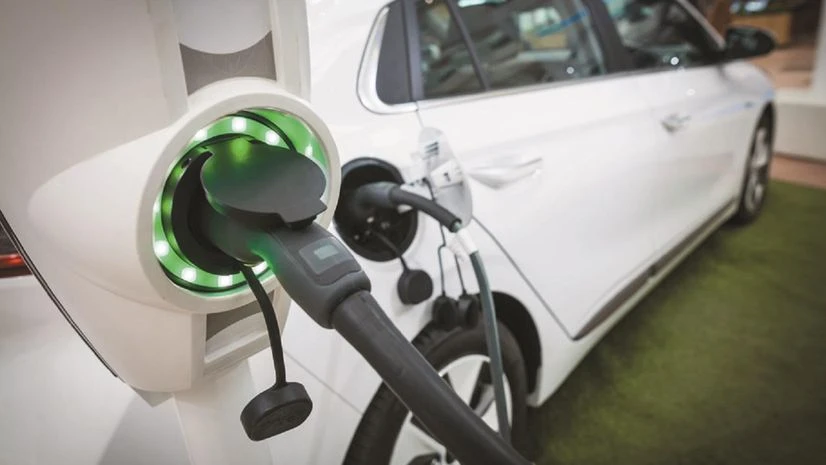India's Reliance Infrastructure is considering plans to manufacture electric cars and batteries, and has hired a former India executive at China's BYD Co to advise on its plans, two sources briefed on the matter told Reuters.
The company, part of Anil Ambani's Reliance Group, has hired external consultants to conduct a "cost feasibility" study for setting up an EV plant with an initial capacity of about 250,000 vehicles a year, to be scaled up to 750,000 over some years, the first source said.
It is also looking at the feasibility of building a battery plant starting with 10 gigawatt hours (GWh) of capacity and scaling up to 75 GWh over a decade, the person added.
Reliance Infrastructure did not respond to a request for comment on its plans, which are being reported for the first time. Shares of the company, which were down 0.2% before the Reuters report, closed nearly 2% higher after it was published.
Former BYD executive Sanjay Gopalakrishnan, who has joined as a consultant to advise on the EV project, did not respond to a request for comment.
Anil Ambani is the younger brother of Mukesh Ambani, Asia's richest man and head of Reliance Industries, which has interests ranging from oil and gas to telecoms and retail. The brothers split the family business in 2005.
Mukesh's company is already working to locally manufacture batteries and this week won a bid to receive government incentives for 10 GWh of battery cell production.
More From This Section
If Anil's group decides to press ahead with its plans, the brothers will go head-on in a market where EVs have a niche presence but are growing fast.
Electric models made up less than 2% of the 4.2 million cars sold in India last year, but the government wants to grow this to 30% by 2030. It has budgeted over $5 billion in incentives for companies locally manufacturing EVs and their components, including batteries.
Battery making is yet to take off in India but some local manufacturers like Exide and Amara Raja have tied-up with Chinese players for technology to manufacture lithium-ion battery cells in the country.
Reliance Infrastructure is also looking for partners, including Chinese companies, and is aiming to finalise its plans within a few months, the first source said.
India's Tata Motors is the country's largest EV player with a nearly 70% share of the market, with rivals like SAIC's MG Motor and BYD gaining pace. Overall auto market leaders Maruti Suzuki and Hyundai Motor plan to launch EVs in 2025.
Gopalakrishnan retired from BYD this year after spending more than two years there, heading and setting up BYD's electric passenger vehicle business in India, launching three EVs, and establishing a dealership network.
Government records reviewed by Reuters show Reliance Infrastructure in June formed two new wholly-owned subsidiaries related to autos.
One is named Reliance EV Private Ltd, whose "main objective" is to "manufacture, deal, in vehicles of every description and components for transport and conveyance using any nature of fuel".
Reliance Infrastructure has in recent years struggled with high debt levels and cash flow issues. It is not clear how the EV project will be funded.

)